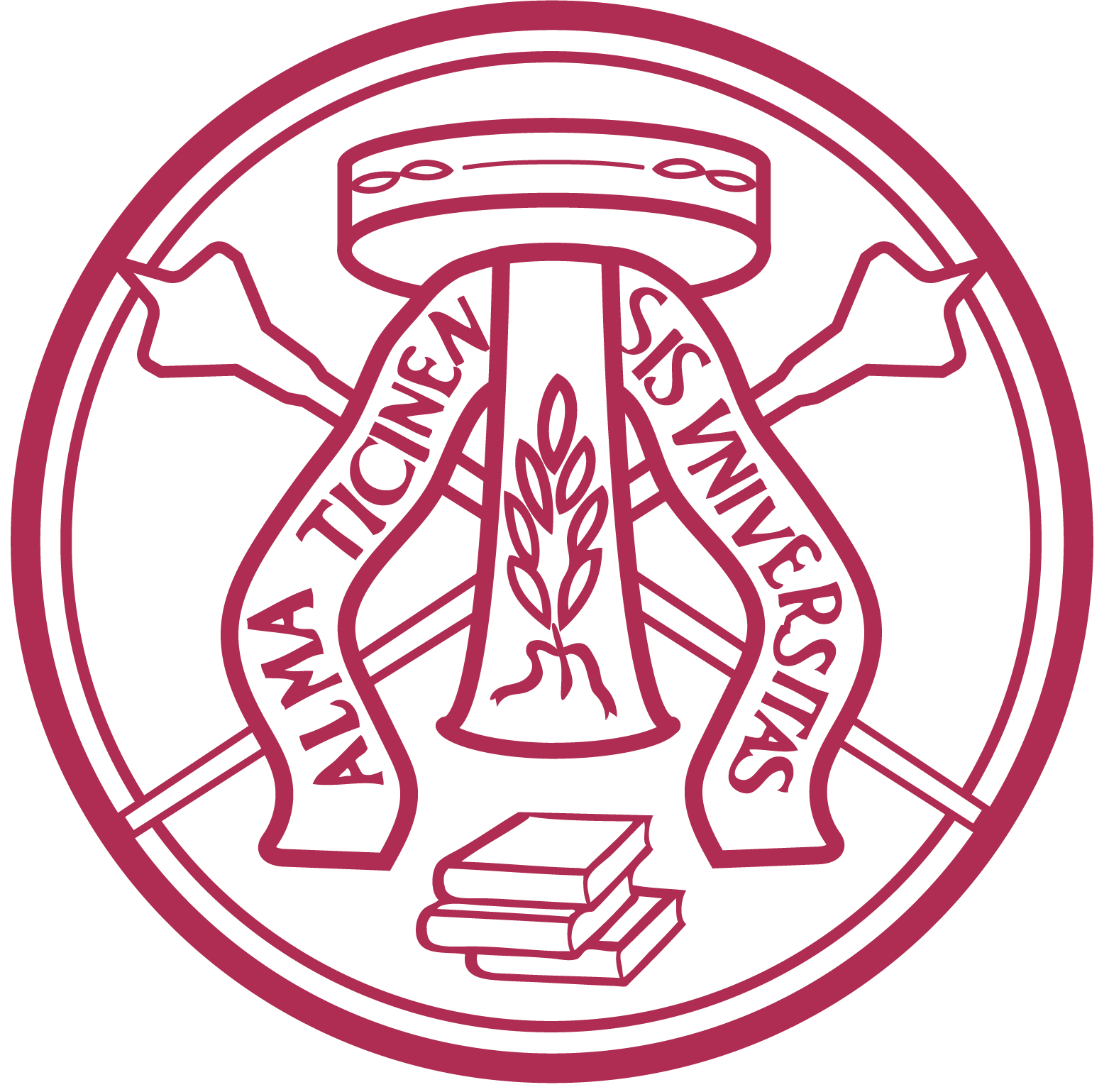Biomedical Physics: RPC
In the field of the physics applications to medicine, a research group of the Department of Physics is dedicating to the development of detectors used for the diagnostics. In particular, thanks to the multi-year experience acquired in the RPC (Resistive Plate Counters) detectors development for CMS Experiment at LHC, we have started a feasibility study of fast detectors (Multigap Resistive Plate Counters) for TOF PET medical imaging. Due to their low cost, MRPCs are usually employed for charged particle detection on wide surfaces, providing 50 ps time resolution and 95% efficiency for muon detection. An MRPC based detector system for time of flight measurement of 511 keV annihilation photon has been successfully tested in our lab. Noise suppression, an improvement of convergence speed in reconstruction algorithms, the possibility to extend scanner acceptance and cost reduction are the main potential advantages which this new technology can offer. In our Lab the design and simulation stage of a MRPC-PET scanner prototype has been carried out. The choice and the study of bulk materials have been performed; thanks to the University Electronic Workshop support, proper front end electronics has been produced; finally we have implemented the data acquisition and reconstruction software. The optimization of detector design, the completion of devices characterization, the expansion of acquisition and elaboration system is still ongoing.
Staff: Paolo Vitulo, Aurora Tamborini, Roberto Nardo'



